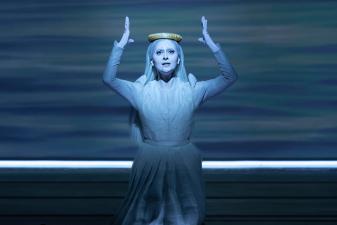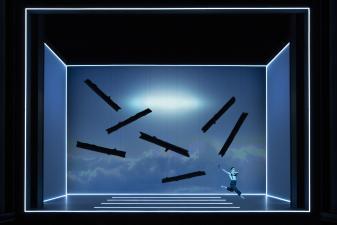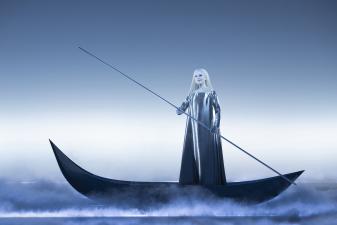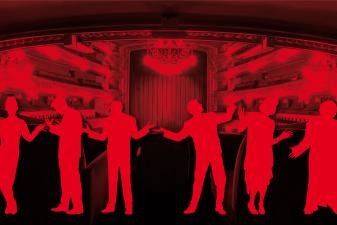Robert Wilson and Händel’s Messiah as a spiritual journey
“Beauty cannot be questioned: it has divine right of sovereignty”
Oscar Wilde, The Picture of Dorian Gray
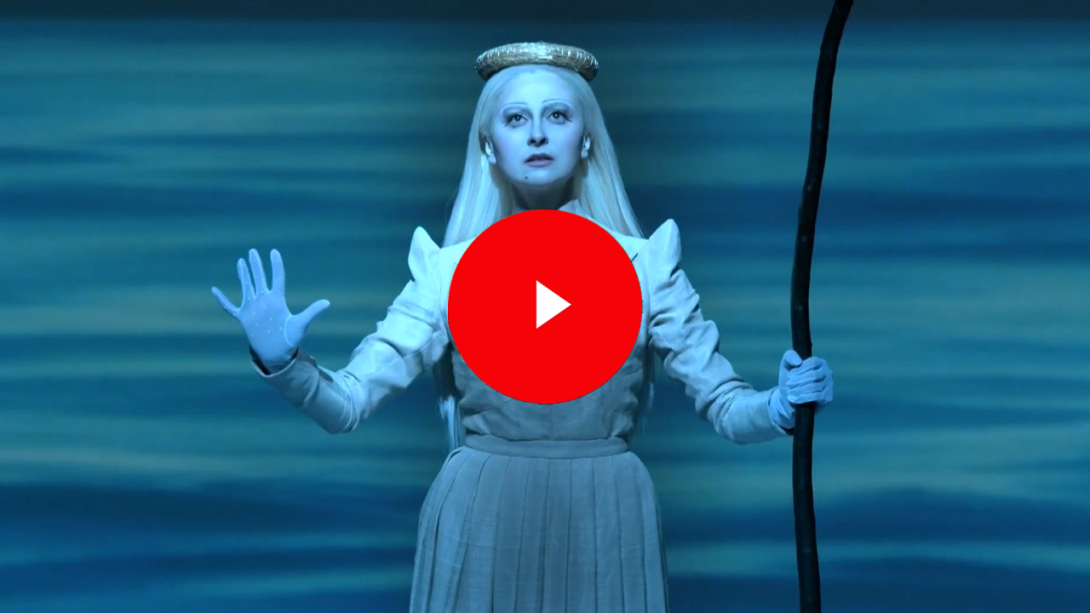
With Messiah we have a perfect example avant la lettre of stories of faith, healing and resurrection (titles such as Parsifal and Paulus will follow). This capolavoro by the “caro Sassone”, a contemporary of Bach and Vivaldi, has already earned him posterity. As Stefan Zweig explains, Händel was commissioned to write an oratorio on the resurrection to be delivered in just 24 days. A few months later, on 13 April 1742, Messiah would premier in Dublin. Händel died 17 years later, but not before he had heard his favourite score for the last time.
The stage version, presented here by cult stage director Robert Wilson, arose from Salzburg’s Mozartwoche where it was performed in January 2020 and it is based on the German version of 1789, arranged by another genius: Wolfgang Amadeus Mozart. Born three years before the maestro’s death, the young Mozart created this arrangement at the request of an important Freemason patron: Gottfried van Swieten who, enamoured of Händel’s oratorios, would also later work on the librettos of Joseph Haydn’s two oratorios from texts by John Milton: The Creation and The Seasons.
As Robert Wilson explains, some view Händel’s Messiah from a Christian perspective, which is also why he raised objections when this sacred oratorio was presented on a theatre stage. “For me Messiah is not so much a religious work, but rather a kind of spiritual journey.” Fascinated by the structure of the composition and an architecture that grants him great creative freedom, Wilson occupies this grandiose, perhaps abstract, almost mathematical music that speaks of hope. The irreparable pressure our society exerts on its protagonist (Jesus) who, avoiding comfort, wants to transform a society and is cruelly tortured, punished and killed.
A genius, at the heights of Palladio or Rembrandt, is born every 200 years. Thus, Mozart adapts the libretto to German, reorchestrates part of the original score and adds small illuminations; as if Van Gogh had repainted La Gioconda. Josep Pons and a bouquet of leading soloists offer us an exciting, precise and thrilling recital.
Show included in the Barcelona Obertura Spring Festival

With the support:

The Messiah
ORATORIO IN THREE PARTS WITH ARRANGEMENTS BY WOLFGANG AMADEUS MOZART
Libretto by Charles Jennens
World premiere: 13/04/1742 at the Great Music Hall in Dublin
- First part 55min
- Interval 30min
- Second part 1h 17min
Artistic profile
- Stage director, set and lighting design
- Robert Wilson
- Co-stage director
- Nicola Panzer
- Costume design
- Carlos J. Soto
- Co-set Design
- Stephanie Engeln
- Co-Lighting
- Marcello Lumaca
- Original Co-Lighting
- John Torres
- Video
- Tomasz Jeziorski
- Make-up and wigs
- Manu Halligan
- Dramaturgy
- Konrad Kuhn
- Musical director assistant
- Oleguer Aymamí
- Musical assistants
- Rodrigo de Vera, Pau Casan, David-Huy Nguyen-Phong and Jaume Tribó
- Production
- Production: Stiftung Mozarteum Salzburg, Salzburger Festpiele, Théâtre des Champs-Élysées du Paris and Grand Théâtre de Genève
Cast
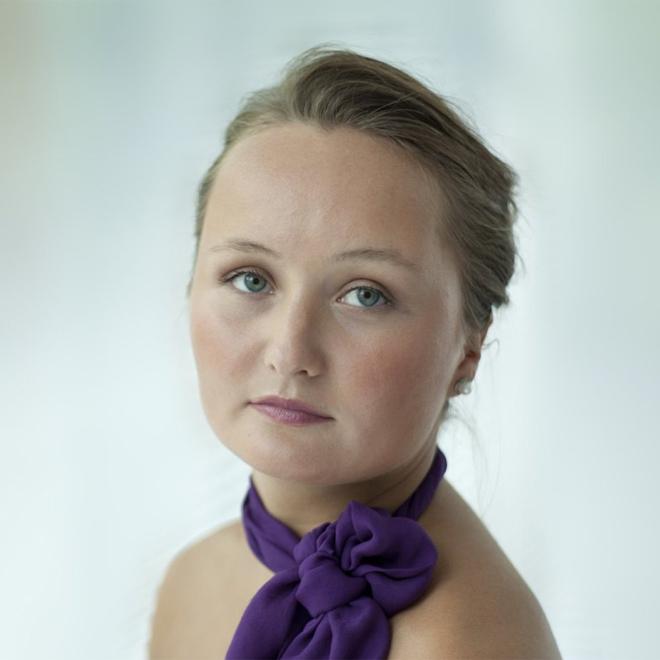
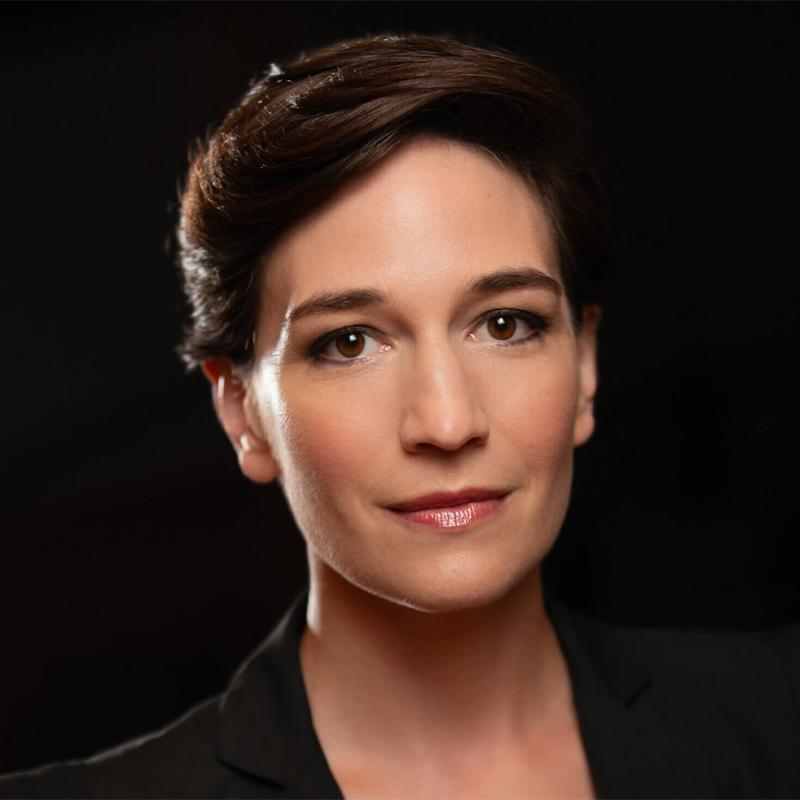
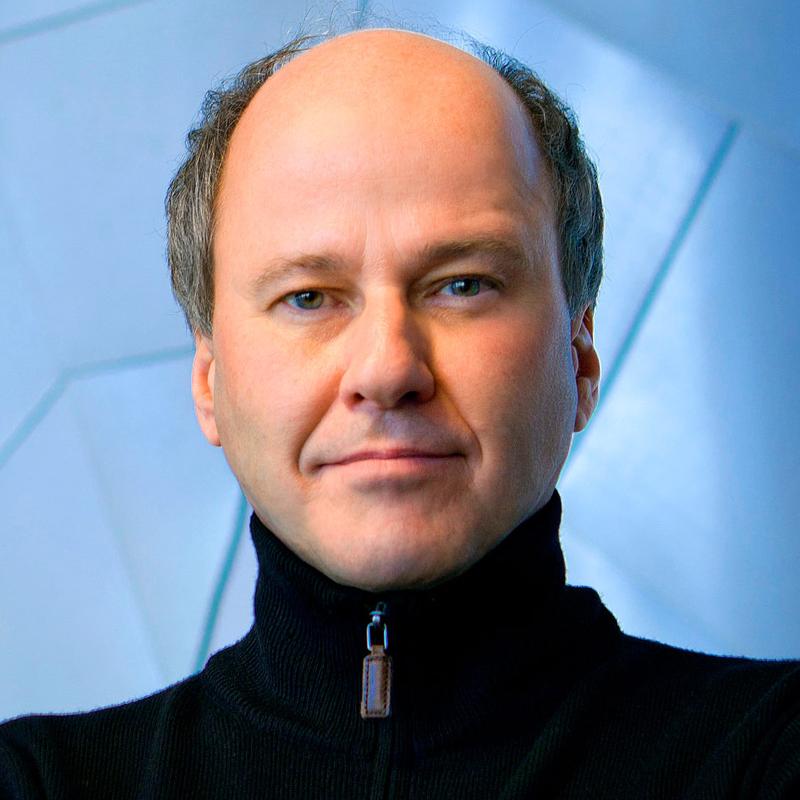
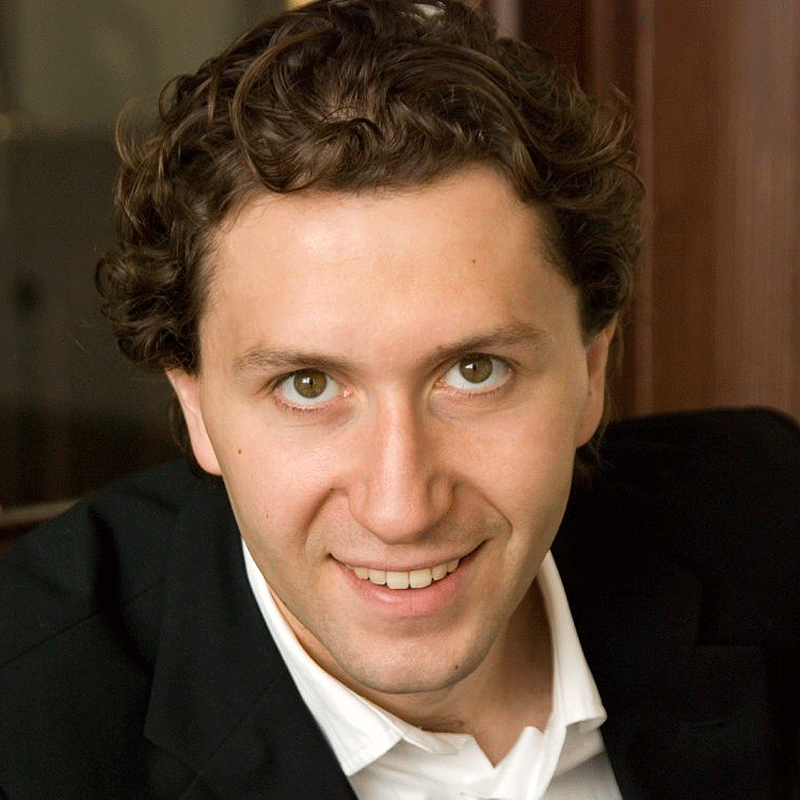
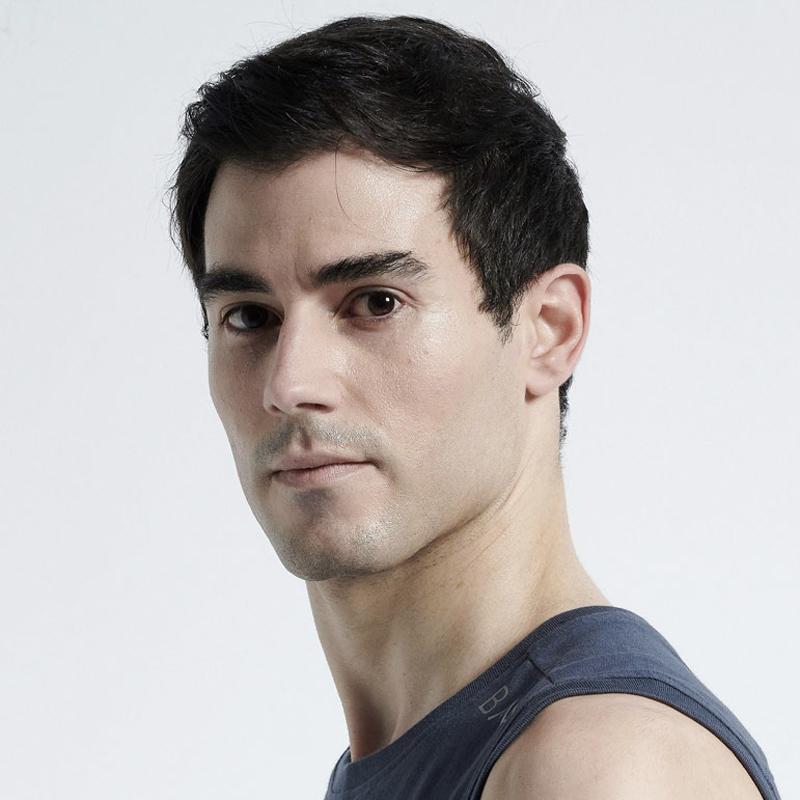
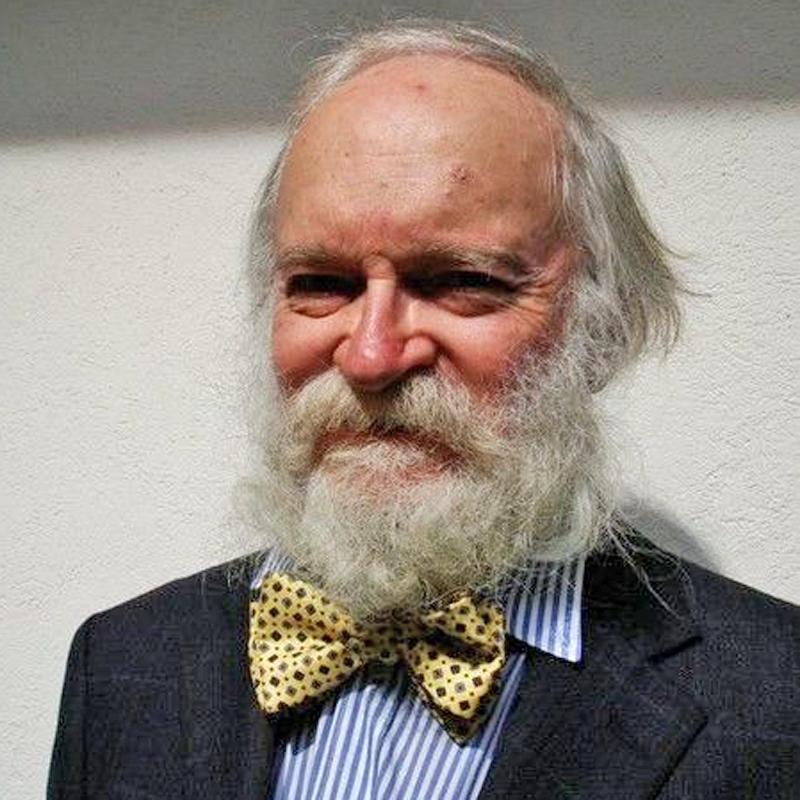
- Chorus of the Gran Teatre del Liceu (Pablo Assante, director)
- Symphony Orchestra of the Gran Teatre del Liceu
- Conductor
- Josep Pons
| Torn C | ||||
| Torn A | ||||
| Torn G | ||||
| Torn B | ||||
| Torn PB | ||||
| Torn T | ||||
| Torn D-H | ||||
| Torn PC AD |
La prèvia
La prèvia és un podcast del Gran Teatre del Liceu, produït per La máquina de la luz i amb guió de Javier Blánquez. En aquest capítol parlem d'El Messies de Händel i Mozart.
La veu del Liceu
We offer you a series of articles, texts, and additional information to delve into this title.


